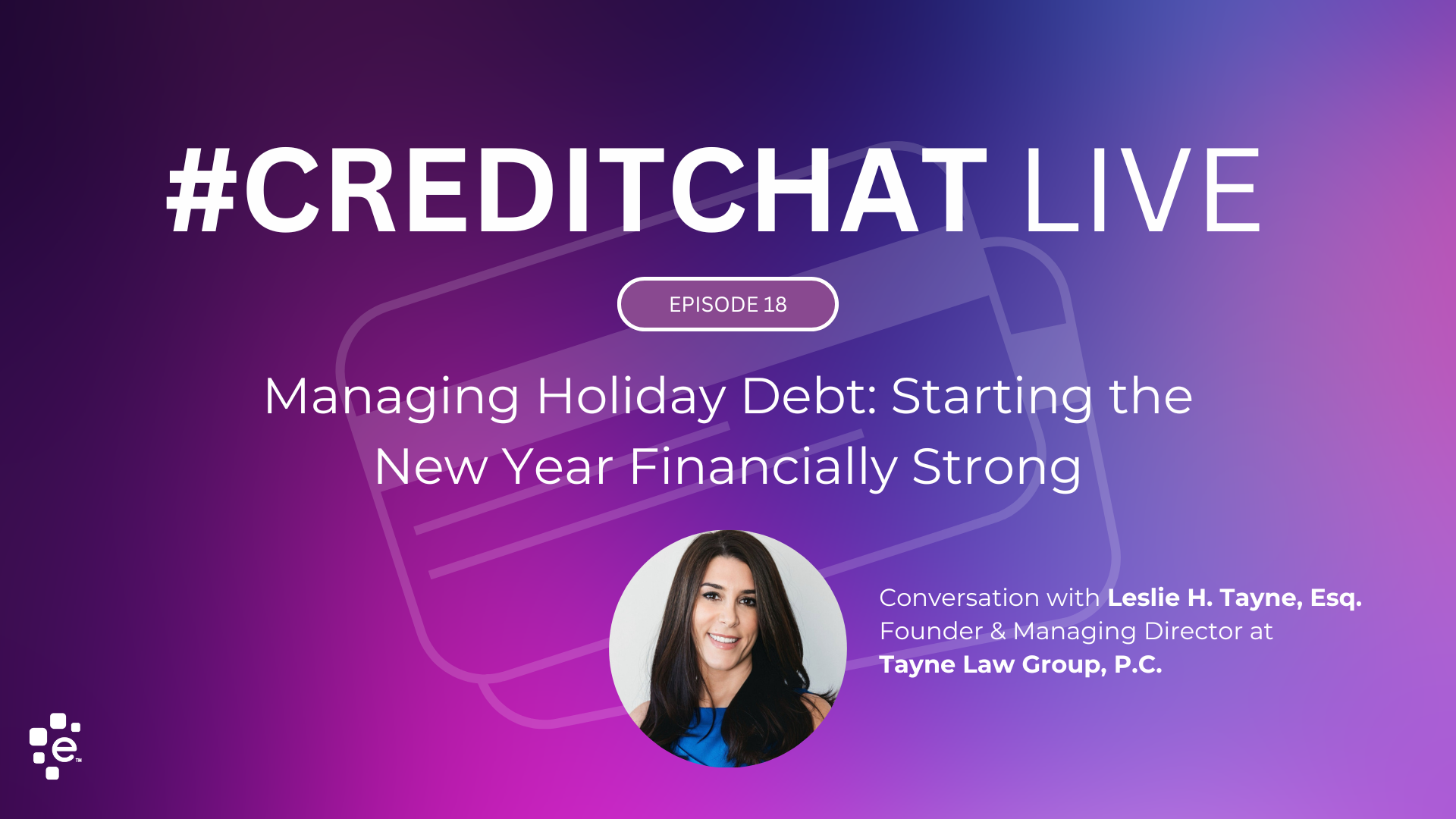Lorem Ipsumis simply dummy text of the printing and typesetting industry. Lorem Ipsum has been the industry’s standard dummy text ever since the 1500s, when an unknown printer took a galley of type and scrambled it to make a type specimen book. It has survived not only five centuries, but also the leap into electronic typesetting, remaining essentially unchanged
Author One

Most of us have experienced the feeling of frustration when it comes to online security protocols. You need to log-in to an account, but you’ve forgotten your password. When you choose an option to reset your password, you are asked to answer one of your security questions. But you forget which movie you said was your favorite while you were growing up. You take a guess, but unfortunately it’s the wrong one and you find yourself locked out of your account. At this point, you’re annoyed and wonder why accessing your account is so difficult in the first place. Historically, the attempt to balance customer security and convenience has been one of the biggest challenges online businesses have faced. As consumer expectations for smooth online experiences increase, businesses aim to deliver security protocols that make customers feel safe and protected, while allowing for easy and convenient access. According to our recent Global Fraud and Identity Report, 66 percent of consumers like security protocols when they transact online because it makes them feel protected. In fact, the lack of visible security was the number one reason customers abandoned a transaction. However, while consumers may tolerate the nuisance of common barriers to accessing their accounts, including forgetting their password or having to re-renter other security controls like CAPTCHA or two-factor authentication, higher friction doesn’t necessarily mean better security or a better overall experience. If businesses were able to offer a frictionless customer experience that was as secure, if not more secure, than the experience today, they could potentially increase overall revenue and growth. One-third of the consumers we surveyed said they would do more transactions online if there weren't so many security hurdles to overcome. And the number rose even higher in different age groups. For instance, the percentage rose to 42 percent when it came to millennials. We believe that a fundamental shift in the thinking is required. No longer, should businesses attempt to balance security against consumer convenience, but rather, we believe that with the right use of technology, analytics and data, both goals can be simultaneously achieved. In the name of both security and convenience independently, we are already seeing data-driven, artificial-intelligence powered systems operating behind the scenes. We believe that a merging of these two functions will yield significant benefits for the business as a whole. For this to work, businesses will need to gain and maintain the customer's trust without the familiar perception of security. Customers want to be recognized and businesses want to address the growing fraud they are experiencing. Solutions that combine device and behavioral intelligence with other data points such as biometrics, processed via advanced machine-learning, could help businesses in the future, simultaneously recognize their customers more accurately, and do so without challenging them. Winning companies will move from balancing security against convenience, to achieving both goals via a synergistic approach, and ultimately will evolve trust through technology, data and analytics.

I’m delighted that we’ve today announced our proposed acquisition of Compuscan, a successful and trusted provider of credit information and analytics services to organisations across South Africa, Namibia, Botswana, Mozambique, Ethiopia, Lesotho and Uganda, as well as in the Philippines and Australia. As part of the proposed acquisition, we are also pleased to include Scoresharp, Compuscan’s thriving credit risk management consultancy. Established in South Africa in 1994, Compuscan was the country’s first credit bureau for the micro finance sector, providing vital assistance at a time it was most needed. Compuscan has since become a key player in this sector and grown into a company that operates across nine countries offering creditinformation services, decision analytics services, marketing services and loyalty/rewards services. The proposed acquisition will complement and extend the services already provided by Experian in the South African market, as well as creating significant opportunities for further growth, innovation and financial inclusion across the wider African region. We now enter a standard regulatory review process through which the competition regulator will review the proposed acquisition. South Africa is a vital hub for our regional strategy and the proposed acquisition is just one of the investments we’re making to build our presence here. We recently confirmed the upcoming launch of our new analytics platform Ascend across EMEA, with South Africa planned to be one of the first markets to benefit from its arrival. We’re excited about the potential of this acquisition not only to accelerate our innovation plans, but also to use the combined Compuscan, Scoresharp and Experian organisation to help drive financial inclusion across Africa. We look forward to welcoming the Compuscan and Scoresharp teams to Experian in due course and to bringing all of the benefits of a combined organisation to our clients and consumers across the region.

For each of the past six years, Experian’s position on the Orange County Register’s list of Top Workplaces has continued to rise, and it’s cause for real celebration across our workforce. This marks a special year for us, as Experian North America was awarded the #1 spot on the list. “Our team members bring their own backgrounds, perspectives, and approaches to work, which together helps us make smarter decisions, develop better products and ultimately deliver more value to consumers,” according to Craig Boundy, former CEO of Experian North America. “This #1 ranking validates our commitment to embracing a truly inclusive culture where everyone has a real sense of belonging, knowing they can show up every day and be who they are, professionally and personally.” The Power of YOU As part of this commitment, we’ve created an environment where everyone is comfortable bringing their whole self to work, regardless of differences or backgrounds. It’s about advancing a culture that not only respects differences, but actively celebrates them. We call this The Power of YOU. We celebrate our diversity through a range of fun and engaging cultural events, social clubs and volunteer opportunities with nonprofit organizations. As an example, this year we launched a variety of Employee Resource Groups (ERGs), including: Military Veterans and Patriots group African American group, Asian American group Hispanic and Latino group Namaste (Indian) group Experian Pride Network group Pictures of employees at various ERG events The Power of YOU initiative builds on the Women in Experian (WiE) group, which was formed two years ago and is focused on improving gender balance across all levels of the organization. Spearheaded by a global team of female leaders from across the business, the group focuses on helping women achieve their ambitions and build successful careers. Each month, employees meet to plan initiatives ranging from guest speakers and lunch-and-learn events to job shadowing and mentorship programs to International Women’s Day activities. Humans of Experian Another exciting initiative is Humans of Experian. This video series highlights the personal stories of employees across the organization. Each story shares an employee’s unique experiences and perspectives and illustrates what it means to be a part of our organization that values and celebrates inclusion and diversity. You can see their stories here: Innovation and Business Success Our culture of diversity and inclusion has enabled Experian to grow and evolve while remaining at the forefront of innovation. For more than 40 years, Orange County has been the heart of our North America operations. We’ve remained focused on developing a culture that achieves and sustains higher performance while giving back to the community, and we’ve strengthened the business across every front. As a result, we continue to have a positive impact on consumers, businesses and the economy with our products, technology and innovations, from finding breakthroughs around better utilizing data to identifying ways we can make access to credit faster and simpler for millions around the world. This is the driving force behind Experian being named to Forbes’ prestigious World’s Most Innovative Companies list for the last several years as well. We’re very proud to be ranked as the #1 Top Workplace by the Orange County Register for our positive workplace culture, which attracts and retains top talent in Orange County as well as our other locations across North America. Our employees are committed to helping to create better tomorrows in our communities through technology and innovation, social responsibility, and our everyday work and business purpose.

In an article published by Bloomberg this week, Brian Cassin, Experian CEO, discusses the transformation of the business from a credit bureau to an innovative, global information services firm. The story highlights some of the remarkable work Experian does with high-profile clients including Coca-Cola and Fannie Mae, using data to inform marketing and strategy decisions. The article also references recent product innovations including Ascend, which offers analytics on demand, and PowerCurve, our market-leading decision analytics platform. Worth mentioning is that Experian’s strong financial performance also comes through in the article, which notes that the company’s stock price has doubled since 2015 while the FTSE 100 index has stagnated. Check out the full article.

Data science is transforming the way the world works. And yet it’s no secret that there aren’t enough women pursuing a career in STEM. At Experian, we’d love to see that change. It’s better for everyone when industries are diverse; it makes us all stronger, more creative and more effective. Part of encouraging new generations into our industry means recognising and celebrating the achievements of the female role models working in data today. That’s why we’re thrilled to sponsor this year’s Women in Data (WiD) conference, an event designed to help inspire, educate and support women in the industry. Women like Experian’s Sarah Robertson, who recently shared her story with leading women’s publication, We Are The City, and who will be sitting on our panel session at the event. We want to have a workforce that’s as rich in diversity as the people who use our services. That’s one of the many reasons we’re so excited by WiD’s mission. Together we hope to empower and encourage women into the data science industry, supporting the next generation of data scientists who can help shape the future. You can find out more about the WiD community on our recent podcast.
In this article…
First Heading
Lorem Ipsumis simply dummy text of the printing and typesetting industry. Lorem Ipsum has been the industry’s standard dummy text ever since the 1500s, when an unknown printer took a galley of type and scrambled it to make a type specimen book. It has survived not only five centuries, but also the leap into electronic typesetting, remaining essentially unchanged
It was popularised in the 1960s with the release of Letraset sheets containing Lorem Ipsum passages, and more recently with desktop publishing software like Aldus PageMaker including versions of Lorem Ipsum.
Why do we use it?
It is a long established fact that a reader will be distracted by the readable content of a page when looking at its layout. The point of using Lorem Ipsum is that it has a more-or-less normal distribution of letters, as opposed to using ‘Content here, content here’, making it look like readable English. Many desktop publishing packages and web page editors now use Lorem Ipsum as their default model text, and a search for ‘lorem ipsum’ will uncover many web sites still in their infancy. Various versions have evolved over the years, sometimes by accident, sometimes on purpose (injected humour and the like).
It was popularised in the 1960s with the release of Letraset sheets containing Lorem Ipsum passages, and more recently with desktop publishing software like Aldus PageMaker including versions of Lorem Ipsum.
Why do we use it?
It is a long established fact that a reader will be distracted by the readable content of a page when looking at its layout. The point of using Lorem Ipsum is that it has a more-or-less normal distribution of letters, as opposed to using ‘Content here, content here’, making it look like readable English. Many desktop publishing packages and web page editors now use Lorem Ipsum as their default model text, and a search for ‘lorem ipsum’ will uncover many web sites still in their infancy. Various versions have evolved over the years, sometimes by accident, sometimes on purpose (injected humour and the like).
Second Heading
It was popularised in the 1960s with the release of Letraset sheets containing Lorem Ipsum passages, and more recently with desktop publishing software like Aldus PageMaker including versions of Lorem Ipsum.

Where can I get some?
There are many variations of passages of Lorem Ipsum available, but the majority have suffered alteration in some form, by injected humour, or randomised words which don’t look even slightly believable. If you are going to use a passage of Lorem Ipsum, you need to be sure there isn’t anything embarrassing hidden in the middle of text. All the Lorem Ipsum generators on the Internet tend to repeat predefined chunks as necessary, making this the first true generator on the Internet. It uses a dictionary of over 200 Latin words, combined with a handful of model sentence structures, to generate Lorem Ipsum which looks reasonable.
There are many variations of passages of Lorem Ipsum available, but the majority have suffered alteration in some form, by injected humour, or randomised words which don’t look even slightly believable. If you are going to use a passage of Lorem Ipsum, you need to be sure there isn’t anything embarrassing hidden in the middle of text. All the Lorem Ipsum generators on the Internet tend to repeat predefined chunks as necessary, making this the first true generator on the Internet. It uses a dictionary of over 200 Latin words, combined with a handful of model sentence structures, to generate Lorem Ipsum which looks reasonable. The generated Lorem Ipsum is therefore always free from repetition, injected humour, or non-characteristic words etc.
Author test
Buttons margin test
